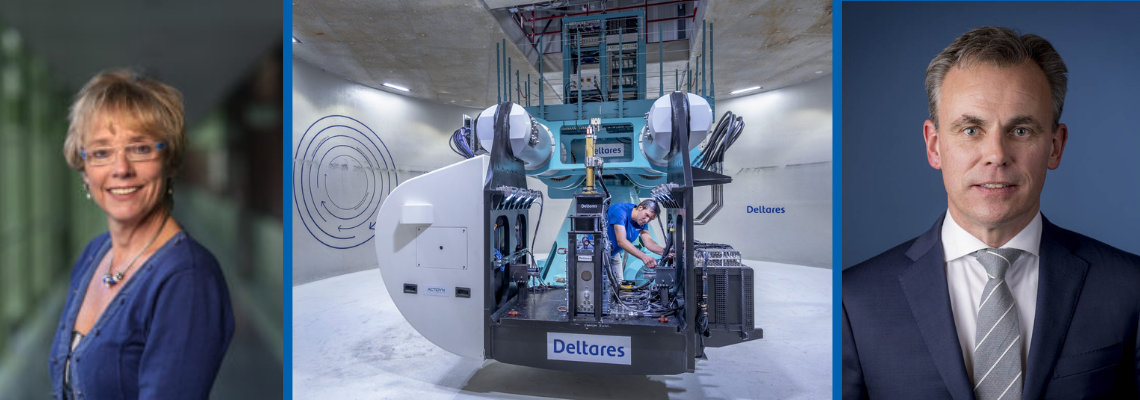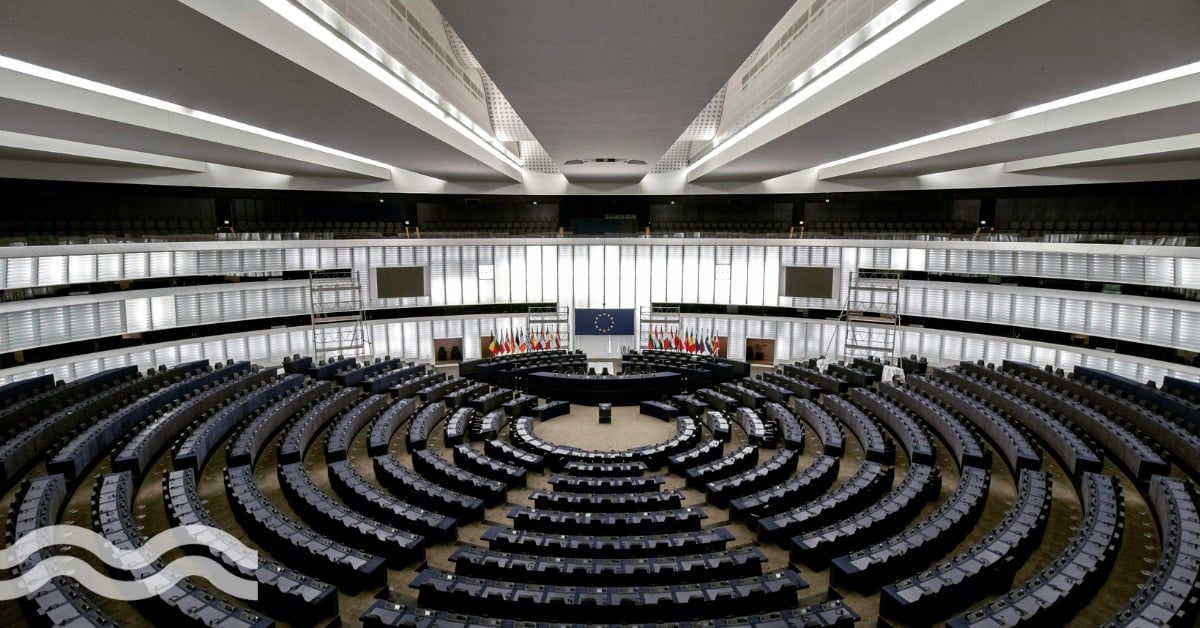VIDEO: A time machine for soil and water
Testing infrastructure under extreme conditions
A new research facility, including an “advanced time machine” using extreme gravity, will help the Netherlands keep ahead in the fields of water and soil management.
Called the GeoCentrifuge, the new research facility of the knowledge institute Deltares can test scale models of water defence constructions under extreme, rare conditions.
The space-age-looking facility can effectively speed up the time in which soils can be exposed by increasing gravity, reducing what would normally take years in the ground down to mere hours.
“The centrifuge can generate gravity of 150g – to put this into perspective, 5g can be felt at the top of a rollercoaster.”
Given the social challenges caused by climate change, subsidence and pressure on space, it is hoped the research facility will help to test and ensure future infrastructure is resilient and sustainable.
Deltares said it will be able to test "constructions not yet built", for example, whether the foundations of large-scale offshore wind turbines can withstand extreme forces.
This can also test the effects of ageing, increased use, subsidence and climate change on infrastructure, such as pipelines.
What is a GeoCentrifuge, and how will it benefit water?
Built in France, the centrifuge has a maximum speed of 347km/hour, three revolutions per second at a gravity of 150g.
To put this into perspective: a force of 5g (five times the Earth’s gravity) can be felt briefly at the top of a rollercoaster.
Due to the dimensions and range of the centrifuge, one of the three largest in Europe, it will enable Deltares to test infrastructure conditions “under extreme conditions before they are built”, according to Harm Aantjes, a researcher at Deltares.
He said: “This contributes to keeping our delta safe and liveable under changing circumstances.”
For example, the GeoCentrifuge can be used to subject dikes to extreme conditions, such as high water levels or drought, that are rare to experience in real life.
The GeoCentrifuge can be used to test models measuring up to 1.2 m x 1.2 m x 1.8 m. It includes a development environment for supplying the test data that can be converted, used and validated using computational geotechnical numerical models.
A demonstration of the video, including subtitles in English, can be found below:
Text
The grand opening
The development of this GeoCentrifuge took about a decade in total, from plan to realisation.
Annemieke Nijhof, general director of Deltares and Mark Harbers, minister of infrastructure and water management, were present at the opening.
He said the development will enable the collection of knowledge and data needed to “meet the major challenges we are facing, such as water safety, the energy transition and climate-proof construction”.
He said the GeoCentrifuge is an investment “in the internationally leading position of the Netherlands in water and soil management”.
Related content
- Deltares launches BlueEarth Data platform
- Deltares nitrate monitoring app recognised for digital value
We promise never to send you spam and you can unsubscribe at any time!

.jpg?h=628&iar=0&w=1200)
.jpg?h=628&iar=0&w=1200)
